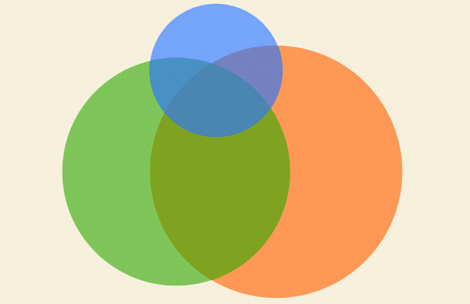Somewhat to his surprise, Ctein found he had nothing to add to the comments to his "Settling Down...or Not" post of the other day. He felt peoples' comments were covering all the angles and he didn't have a lot more to add. With due humility, however, I'd like to register a few of my own thoughts. I'm just chiming in. Consider this just another comment to Ctein's thread.
I say "with due humility" because where this topic is concerned, I'm really just like most readers. I have a history with cameras; I have tastes and preferences and needs; I have a particular budget, and a fairly stable ongoing relationship to money (which in my case is that I'm fortunate enough to be able to afford decent cameras but not wealthy enough that the choice is easy or trivial); and I suffer from certain bugbears that conspire to keep me from being totally satisfied.
A few random thoughts, in no particular order:
• It's worthwhile highlighting at the outset that disaffection with cameras is usually a consequence of not working hard enough on your photographic projects. People who are deeply involved in working tend to adapt to their equipment, learn their equipment thoroughly, and learn to work around whatever flaws and idiosyncrasies the equipment presents to them—sometimes, they even learn to love their camera's particular foibles. The best "cure" for equipment angst, therefore, is to get to work, or work harder.
• The converse of this is that sometimes people focus on equipment shortcomings as a way of avoiding getting to grips with photographic problems or activities they don't really want to get to grips with. "I can't start building a portfolio until I find the right camera." "I can't start doing portraits for pay until I can afford a good camera." Et cetera. They use the perceived shortcomings of the camera as a means of procrastination, in effect.
• The notion of "value" is highly mutable. It depends on many things, including your relationship to money, how much money you have or don't have, how much use you get out of a product, how much you can earn with the product, even how much pleasure you get from shopping for it, buying it, or owning it.
• The notion of "clarity" is very helpful. That is, if you get clear about what you're really doing and why, you're likely to be much happier. (A warning, though: what you're really doing might not be "being a photographer." I gave a lecture a long time ago in which I was describing the photography scene in Washington, D.C., where I lived, and I presented a diagram that looked something like this:
Where green was professional or commercial photography, orange was editorial photography or photojournalism, and blue was art photography and academic photography. A hand immediately shot up from the back of the room: "And what kind of photographer are you?" Without thinking, I replied, "I'm a writer." What can I say? Clarity.)
• Empiricism helps. Actually looking at things for yourself will clear away a lot of the fanaticism, obfuscation, and cant* that clouds public discussion of cameras and technical issues. Of course, this is concomitant to the degree to which you've achieved the aforementioned clarity about what you're doing; it doesn't help to "see for yourself" if you don't know what you own standards or goals are.
All that said, my personal experience with digital cameras echoes what Ed Hawco said, in the featured comment to Ctein's post: two of the four digital cameras I've purchased ended up totaled. That is, they broke, and would have cost more to fix than they would have been worth once fixed. Their value went from a lot to zero, and I had to throw them away (well, one of them—the other I haven't been able to bring myself to actually add to the landfill).
So, thus far, anyway, I'd have to say that for me, settling down isn't an option, because digital cameras are akin to electronic appliances like computer peripherals, with finite lives. Other considerations don't enter in. They're not able to, given my track record so far.
Of course, that's just "so far." Things could change as digital photography matures. (As Ctein pointed out.)
Mike
*And fanboyism, and flaming, and put-downs, and....


